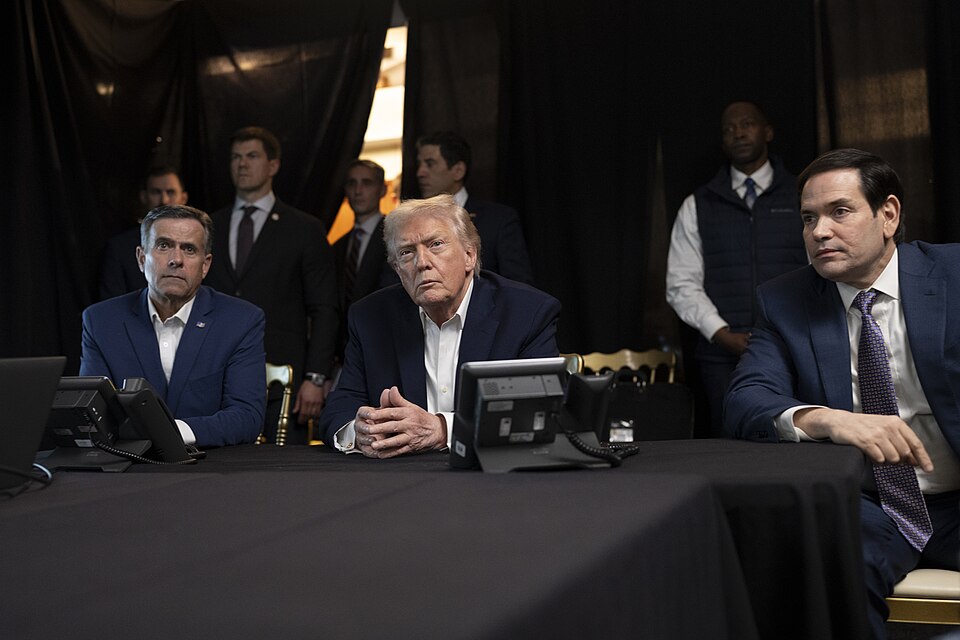
Lucio Blanco Pitlo III, President of Philippine Association for Chinese Studies, and Research Fellow at Asia-Pacific Pathways to Progress Foundation
Jan 16, 2026
The U.S. operation to capture Venezuelan President Nicolás Maduro demonstrates Washington’s military power and intent to counter rival influence, particularly China, in the Western Hemisphere, but it violates international law and risks destabilizing the region. Such interventions often produce unintended consequences, embolden other powers to challenge norms, and expose smaller states to coercion, highlighting the dangers of unilateral actions under the guise of national or hemispheric security.
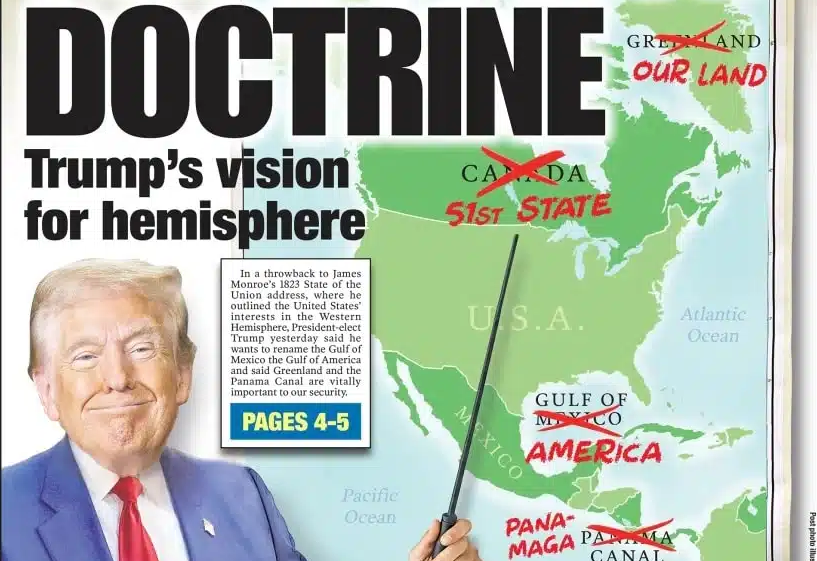
Sun Chenghao, Fellow, Center for International Security and Strategy of Tsinghua University; Munich Young Leader 2025
Jan 12, 2026
Is the United States engaging in retrenchment or a new form of hegemony? Venezuela and Greenland are not separate stories but a single thread. A more transactional, more emotional and more coercion-oriented U.S. is taking shape.

Dan Steinbock, Founder, Difference Group
Jan 07, 2026
The U.S. kidnapping of President Maduro represents one of the worst violations of international law by a major power in decades. It also reflects the role of Venezuela as a battleground of U.S. and Chinese interests.

Sun Chenghao, Fellow, Center for International Security and Strategy of Tsinghua University; Munich Young Leader 2025
Jan 06, 2026
For China-U.S. relations today, the realistic question is not how to construct a G2 but how the two countries can find a workable mode of coexistence under conditions in which cooperation and competition can coexist.

Wang Youming, Senior Research Fellow of BRICS Economic Think Tank, Tsinghua University
Nov 21, 2025
Tensions between Donald Trump and Venezuela are rising against a backdrop of changes in the international order. Moving to rebuild the political biosphere of the Western Hemisphere, Trump is entering a complex and volatile new phase of geopolitics.
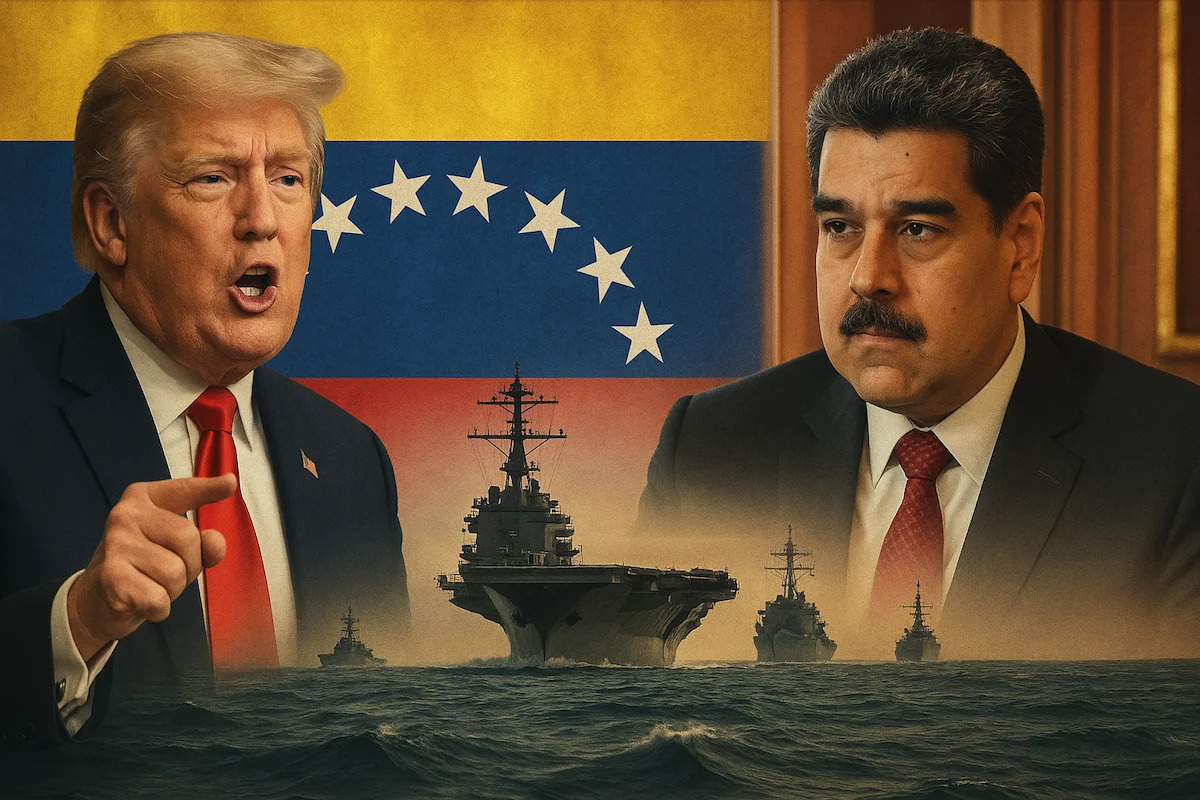
Zhao Minghao, Professor, Institute of International Studies at Fudan University, and China Forum Expert
Oct 27, 2025
The U.S. president is attempting to create his own brand of diplomacy for the Western Hemisphere, but it’s hard to find the right words to describe it. While the United States hopes to reduce its burden for safeguarding the international order, what it wants in its own neighborhood is only expansion.
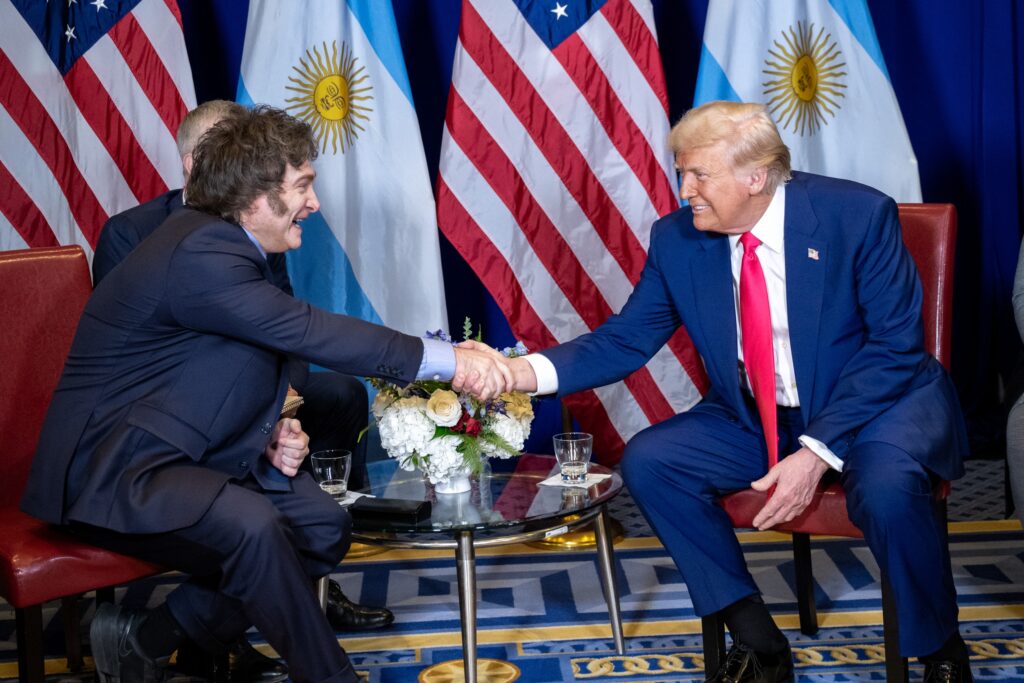
Wang Youming, Senior Research Fellow of BRICS Economic Think Tank, Tsinghua University
Aug 13, 2025
U.S. policy in Latin America has acquired some new characteristics. While it retains the basic shape of the centuries-old Monroe Doctrine, it has now been enhanced with Donald Trump’s peculiar transactional and bullying style.
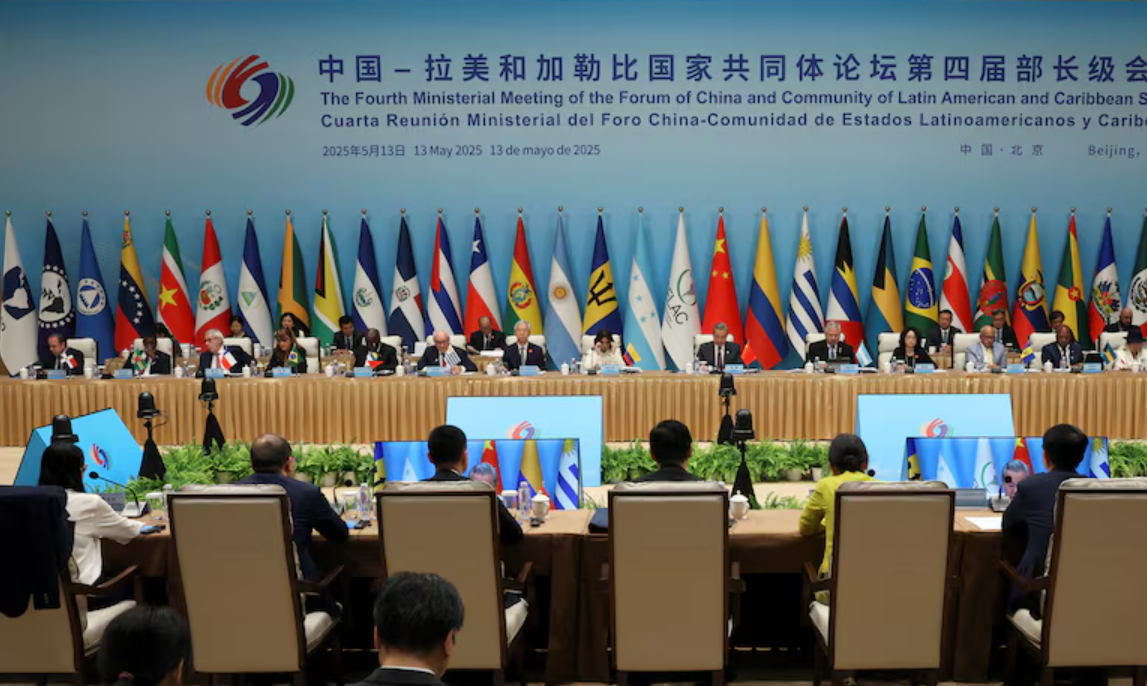
Lai Yuan, Assistant Fellow, Center for Latin-America Studies, Shanghai Institute for International Studies
May 30, 2025
Mutual success for Chinese and Latin American civilizations lies in respecting diversity, not imposing a certain model. This stands in sharp contrast with the hollow U.S. “alliance of values.”
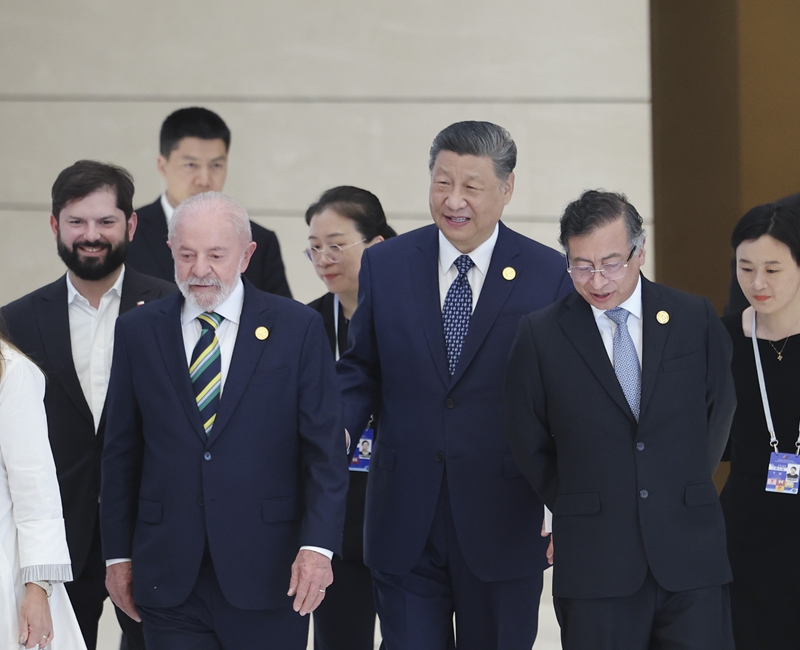
Wang Youming, Senior Research Fellow of BRICS Economic Think Tank, Tsinghua University
May 14, 2025
Amid the rise of unilateralism and bullying by the United States, the forum’s international role in fighting protectionism and promoting a multipolar world is becoming increasingly prominent, especially for the Global South.
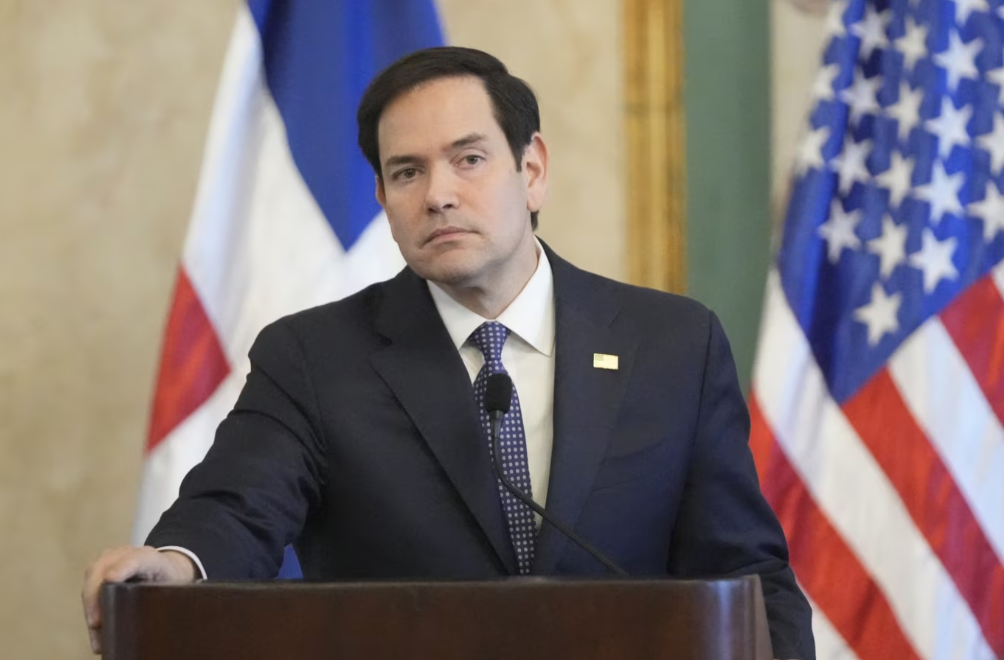
Zhang Zhixin, Research Professor of Institute of American Studies, CICIR
Feb 13, 2025
The new U.S. secretary of state will emphasize stemming the tide of immigration, with discussions likely involving law enforcement and economic cooperation, particularly with Guatemala, El Salvador and Honduras, which are significant sources of migrants. But as the Global South awakens generally, U.S. dominance will not be well-tolerated.
Back to Top

- China-US Focus builds trust and understanding between the U.S. and China through open dialogue among thought leaders.
- Our Offerings
- Topics
- Videos
- Podcasts
- Columnists
- Research Reports
- Focus Digest
- Stay Connected
-
Thanks for signing up!
- Get the latest stories from China-US Focus weekly.